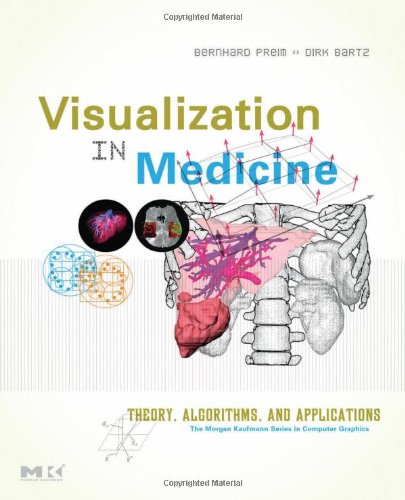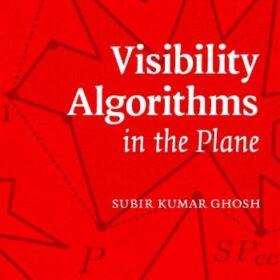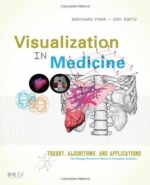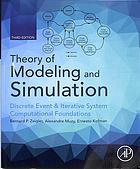The Data Quality Assessment Framework shows you how to measure and monitor data quality, ensuring quality over time. You’ll start with general concepts of measurement and work your way through a detailed framework of more than three dozen measurement types related to five objective dimensions of quality: completeness, timeliness, consistency, validity, and integrity. Ongoing measurement, rather than one time activities will help your organization reach a new level of data quality. This plain-language approach to measuring data can be understood by both business and IT and provides practical guidance on how to apply the DQAF within any organization enabling you to prioritize measurements and effectively report on results. Strategies for using data measurement to govern and improve the quality of data and guidelines for applying the framework within a data asset are included. You’ll come away able to prioritize which measurement types to implement, knowing where to place them in a data flow and how frequently to measure. Common conceptual models for defining and storing of data quality results for purposes of trend analysis are also included as well as generic business requirements for ongoing measuring and monitoring including calculations and comparisons that make the measurements meaningful and help understand trends and detect anomalies. Demonstrates how to leverage a technology independent data quality measurement framework for your specific business priorities and data quality challenges Enables discussions between business and IT with a non-technical vocabulary for data quality measurement Describes how to measure data quality on an ongoing basis with generic measurement types that can be applied to any situation
Visualization in medicine. Theory, algorithms, and applications eBook
$14.00
- Delivery: Can be download immediately after purchasing. For new customer, we need process for verification from 30 mins to 24 hours.
- Version: PDF/EPUB. If you need another version, please Contact us
- Quality: Full page, full content, high quality images, searchable text and you can print it.
- Compatible Devices: Can be read on any devices (Kindle, NOOK, Android/IOS devices, Windows, MAC,..).
- e-Book Features: Purchase and read your book immediately, access your eTextbook anytime and anywhere, unlimited download and share with friends.
- Note: If you do not receive the download link within 15 minutes of your purchase, please Contact us. Thank you!








Reviews
There are no reviews yet.